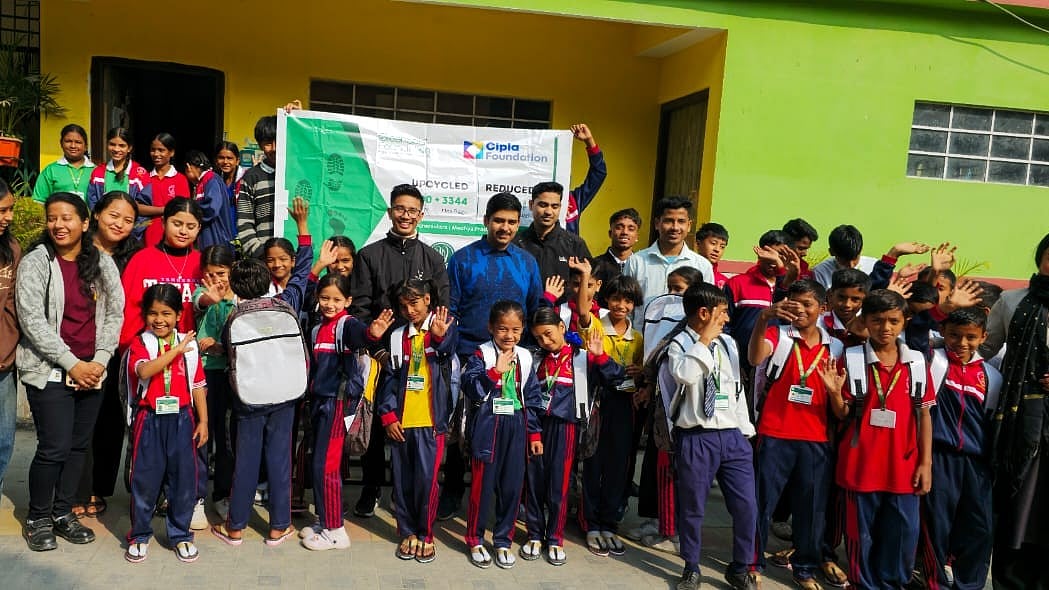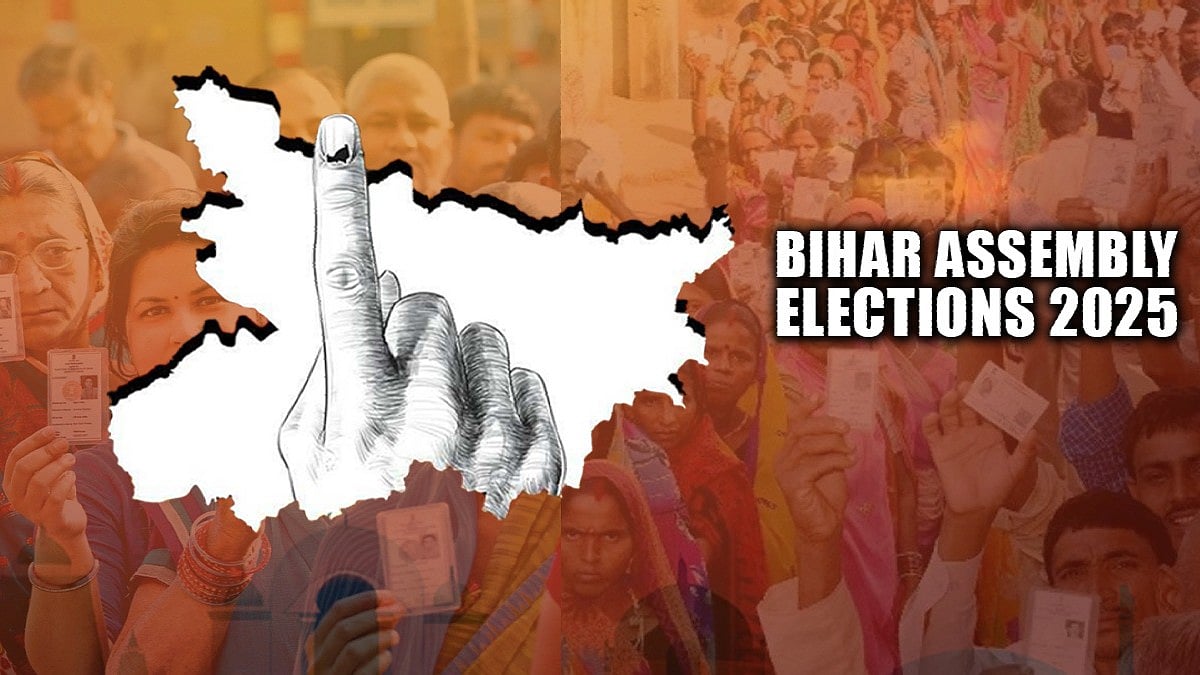This segment highlights the important issues of the Indian Legal System of the week objectively and with a magnified legal lens factually.
What made Headlines from the Supreme Court of India this week?
1. The Top Court issued Notice on a plea challenging validity of provisions under the Places of Worship (Special Provisions) Act, 1991. Supreme Court Bench led by Chief Justice Bobde issued notice to the Ministry of Law and Justice, Ministry of Home Affairs and the Ministry of Culture. The Act, as alleged, takes away the power of Court and Religious Sects to restore their places of Worship. Challenge has been sought against Sections 2,3,4 Places of Worship (Special Provisions) Act, 1991 on the grounds of Article 14,15,21,25,26 and 29 of the Constitution.
Bench: CJI SA Bobde, Justices AS Bopanna & V. Ramasubramaniun
Case Title: Ashwini Kumar Upadhyay Vs. UOI
2. Supreme Court has issued notice on an Impleadment Application seeking equal opportunity for female candidates in National Defence Academy. It is the submission of the Petitioners that, the act of Respondents to categorically exclude eligible and willing female candidates from appearing for the National Defence Academy and Naval Academy Examination, solely on the ground of sex, is a violation of the Fundamental Right of Equality before the Law and Equal Protection of the law.
Bench: Chief Justice SA Bobde, Justice AS Bopanna & V. Ramasubramaniun
Case Title: Kush Kalra v. Union of India
3. Top Court has reserved judgment in the matter relating to the criteria adopted for the implementation of Permanent Commission (“PC”) & other related benefits as granted by the Apex Court on February 17, 2020, in Secretary, Ministry Of Defence vs. Babita Puniya & Ors. The Bench had been hearing the pleas filed by women SSC officers challenging the criteria for being considered eligible for grant of PC.
Bench: Justices DY Chandrachud & MR Shah
Case Title: Nitisha v. Union of India & Ors
4. A five judge Constitution bench of the Supreme Court heard pleas challenging the Constitutionality of Maharashtra (SEBC) Act, 2018. Notice was issued to all States seeking response if reservation beyond 50% can be allowed. Court will hear the matter on a day-to-day basis from March 15.
Bench: Justice Hemant Gupta, Justice Nageswara Rao, Justice Ashok Bhushan, Justice S. Abdul Nazeer and Justice Ravindra Bhat
Case Title: Jaishrilaxman Rao Patil Vs. State of Maharashtra
5. Kangana Ranaut has moved a Transfer Petition to the Supreme Court under Section 406 CrPC, seeking transfer of three cases registered and pending against her, from Bombay to a Court of competent jurisdiction in Shimla, Himachal Pradesh.
Case Title: Kangana Ranaut & Anr v. Ali Kaashif Khan Deshmukh
Apex Court Judgments for the week:
1. [S. 138 Negotiable Instruments Act] Statement Under Section 313 Of CRPC Not Substantive Evidence To Absolve Accused Of Charges: Supreme Court
The Top Court has recently observed that statement of the accused recorded under Section 313 of the Criminal Procedure Code cannot absolve the accused of the charges under Section 138 of the Negotiable Instruments Act, 1881. The bench, while upholding the judgment of the High Court observed that mere statement under Section 313 Code of Criminal Procedure, 1973, without any additional evidence to rebut the statutory presumption under Section 139 Negotiable Instruments Act, 1881, cannot absolve the accused of the charges under Section 138 of the Act.
Bench: Justices Indu Malhotra & Ajay Rastogi
Case Title: Sumeti Vij v. M/s Paramount Tech Fab Industries
2. When Claim Ex-Facie Barred, Court Can Decline Reference Under Section 11 Of Arbitration & Conciliation Act: Supreme Court
The Top Court has held that only in very limited cases where the claims are ex facie time-barred, can the Court refuse to make reference under Section 11 Arbitration and Conciliation Act, 1996. For computation of Limitation by applying Section 137 Limitation Act, 1963, Court specified, “Parliament may consider amending Section 11 of the 1996 Act to provide a period of limitation for filing an application under this provision, which is in consonance with the object of expeditious disposal of arbitration proceedings.”
Bench: Justices Indu Malhotra & Ajay Rastogi
Case Title: Bharat Sanchar Nigam Ltd v. M/s Nortel Networks
3. Single Entity Habitually Resided Outside India Will Fall Under International Commercial Arbitration; Appointment Of Arbitrator Held Beyond Jurisdiction: Supreme Court
The Top Court in a matter of appointment of Arbitrator under Section 11(6) of the Arbitration and Conciliation Act, 1996 (“Act”) held that Delhi High Court had no jurisdiction to make an appointment in the given case, holding it to be a matter of International Commercial Arbitration.
Bench: Justices RF Nariman & BR Gavai
Case Title: Amway India v. Ravindranath Rao
4. Section 12(2)(c) Is Only An Enabling Provision Which Cannot Be Implemented Without Satisfying The Triple Test; Reservation Beyond 50% Held Impermissible: Supreme Court
The Top Court in its decision today, held that, a State cannot confer reservation without conducting proper enquiry to that effect. Reliance was placed on the judgment of the Constitution Bench in KK Murthy v. Union of India. The bench, while allowing the given writ petitions in part, held, “The challenge to the validity of Section 12(2)(c) of the 1961 Act is negatived.
Bench: Justice A.M. Khanwilkar, Justice Indu Malhotra and Justice Ajay Rastogi
Case Title: Vikas Kishanrao Gawali v. State of Maharashtra
High Court Updates For The Week:
1. The Madras High Court while emphasizing on the fact that no banking business can be undertaken in this country without obtaining a license from the Reserve Bank has recently observed that Repatriates Cooperative Finance and Development Bank Limited (“REPCO Bank”) is neither a bank nor a secured creditor within the meaning of the relevant word and expression in Securitisation and Reconstruction of Financial Assets and Enforcement of Security Interest Act, 2002 (“SARFAESI Act”).

Delhi High Court | File Photo
2. The Delhi High Court to resolve the confusion as to which orders passed under Maintenance and Welfare of Parents and Senior Citizens Act, 2007 (“Act”) or Delhi Maintenance & Welfare of Parents & Senior Citizens Rules, 2009 (“Rules”) are appealable to which forum and by whom has recently issued directions for adding a sentence at the end of every order related to appellate forum & period of limitation.
3. The Tripura High Court, while recently quashing FIR registered u/s 295 A, Indian Penal Code,1860 (“IPC”), has observed that the section does not penalize every act of insult or attempt to insult the religion or religious belief, but it punishes only those acts of insults or attempts which have been perpetrated with the deliberate and malicious intention of outraging the religious feelings of a particular class.
4. The Himachal Pradesh High Court has quashed the impugned judgment of the trial court on the ground that the. Judgment “suffers, from perversity or absurdity of mis-appreciation and nonappreciation, of evidence, on record.” The accused/appellant herein was charged for the commission of offences punishable under Sections 341, 376 and 506 of the IPC. The learned trial Court concerned, made an order of conviction, and also framed charges, under Sections 341, 376, and, under Section 506 of the IPC. All the mentioned sentences were ordered to run concurrently.
5. The Single Bench of Justice R.Subramanian of Madurai Bench of Madras High Court, while declaring the marriage as null & void, has recently observed that misrepresentation regarding religion is a material fact that affects the validity of marriage. “Once the plea of mistake is raised, it is for the party pleading mistake to prove the same. The documentary evidence that is made available would clearly point out the fact that there was a misrepresentation with reference to the material fact namely, the religion of the respondent at the time of marriage.”, the Bench noted.
6. The Delhi High Court, while recently dismissing the petition u/s 482 CrPC challenging the summoning order u/s 138 of Negotiable Instruments Act,1881 (“NI Act”) filed by the accused Company’s Director has observed that any person responsible for the company’s conduct at the time of the commission of offence can be held vicariously liable u/s 138 of the NI Act.
- Sanya Talwar is the Editor of Lawbeat










